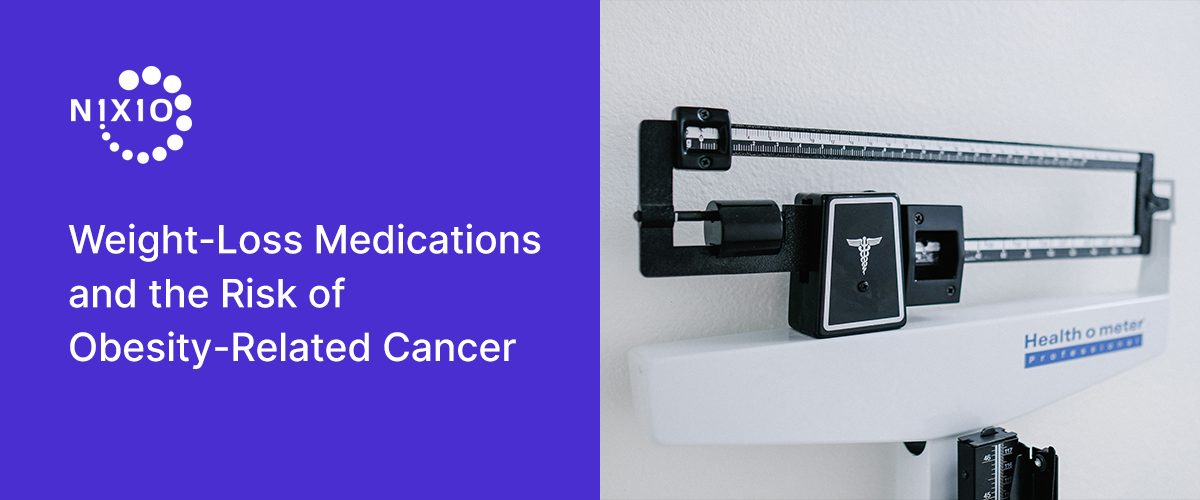Both obesity and type 2 diabetes (T2DM) are associated with increased risk for specific types of cancer, generally termed obesity-related cancer (ORC). Glucagon-like peptide-1 receptor agonists (GLP-1 RAs) and bariatric metabolic surgery (BMS) are well established treatments for diabetes and obesity, but their comparative effectiveness for the prevention of ORC is unknown.
Both bariatric metabolic surgery (BMS) and treatment with (GLP-1 RAs)(1) are offered to patients with obesity and diabetes. BMS is well established for the treatment of severe obesity. Furthermore, BMS was demonstrated to be associated with lower incidence of ORC in a number of long-term studies and meta-analyses. GLP-1RAs attain glycemic control through mechanisms such as increasing insulin secretion induced by hyperglycemia, inhibiting glucagon secretion during hyperglycemia, slowing gastric emptying, preventing substantial increases in postprandial glucose, and reducing caloric intake and body weight.
Due to the efficacy of the GLP-1Ras class of pharmaceuticals in controlling T2DM, obesity, and related comorbidities, GLP1-RA might also reduce the risk for ORC.
Researchers in Israel (Hasharon Hospital, Rabin Medical Center, Petah Tikva) studied 6,000 obese adults with no prior history of cancer, who either underwent BMS or took GLP-1RAs: liraglutide (Saxenda), exenatide (Byetta) or dulaglutide (Trulicity). Although those who had BMS lost around double the weight of those on GLP-1 RAs, the study, presented at the European Congress on Obesity in Malaga, Spain, found the reduction in cancer risk was broadly the same. BMS reduces the risk of cancer by 30-42%, the researchers said. Therefore, accounting for the relative advantage of surgery in reducing patients’ weight, the authors found weight-loss drugs were more effective at preventing obesity-related cancer.
A separate study, presented at the conference directly compared injections of GLP-1Ras and found patients taking Mounjaro lost about 50% more weight than those taking Wegovy. Patients on Mounjaro typically saw a 20.2% drop in body weight at the end of the trial compared with 13.7% with Wegovy.
Responding to the findings, Prof Mark Lawler, an internationally renowned cancer research expert from Queen’s University Belfast, said while this was an observational study and caution was needed interpreting the results, the results were very exciting.
“We already know bariatric surgery cuts obesity-related cancer risk by about a third; these data suggest target GLP-1s may cut that risk by nearly 50% – an approach that would be transformational in preventing ORC.
A team of 54 international experts from 12 different countries issued a joint statement at the conference, calling for weight-loss drugs to be trialed as a priority for cancer prevention.


